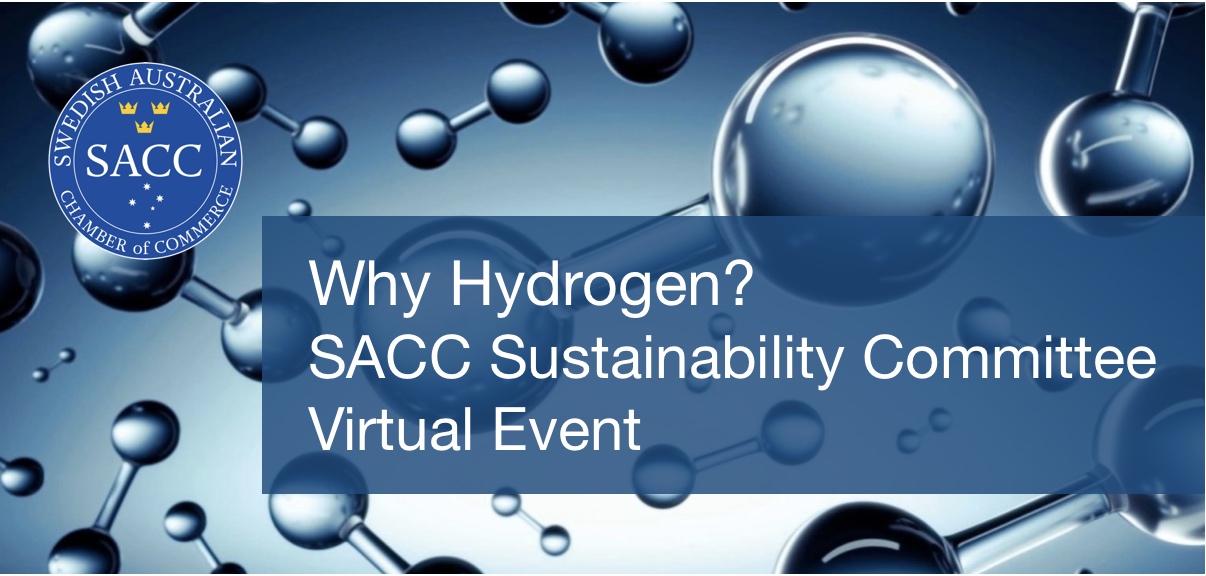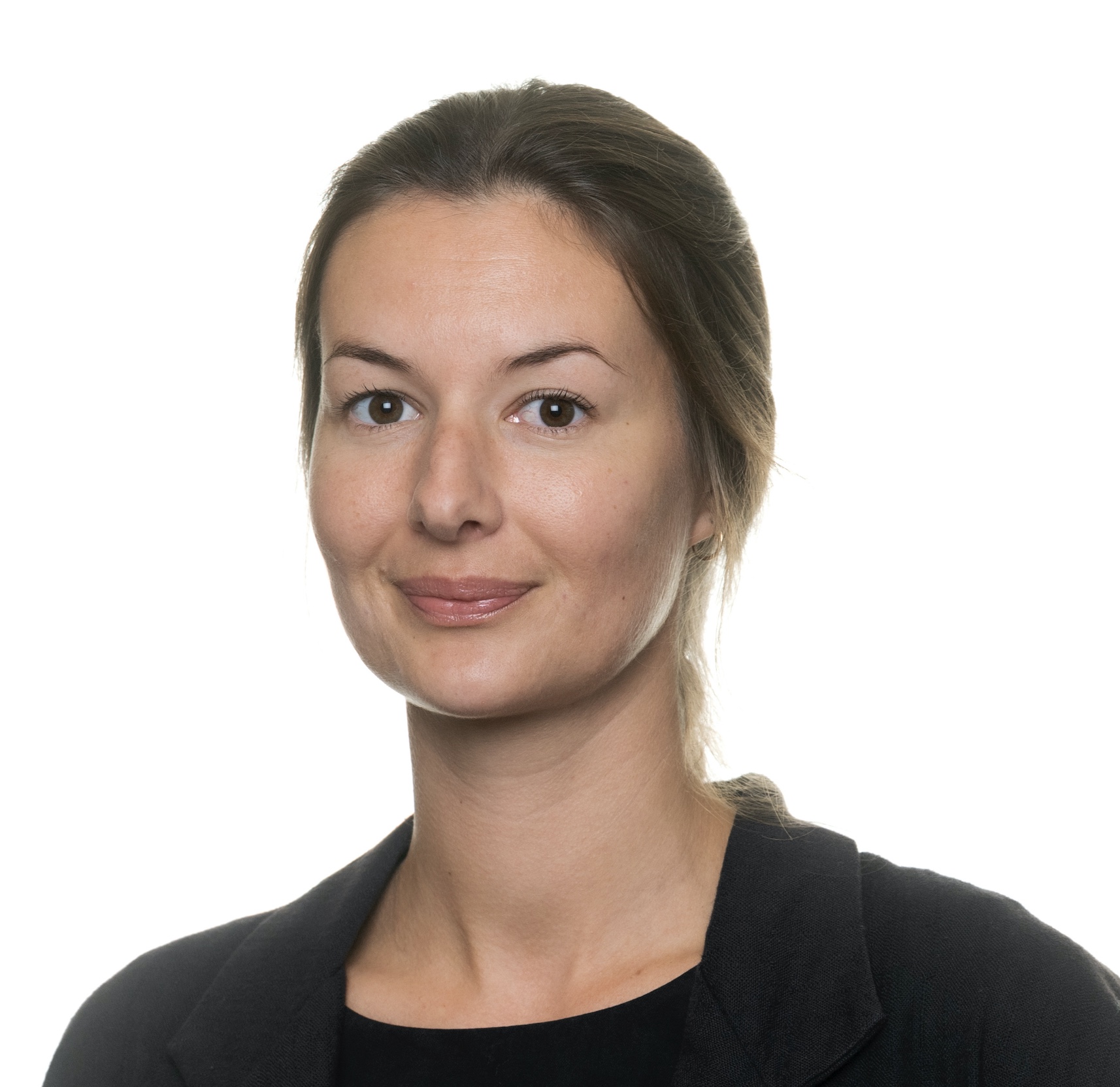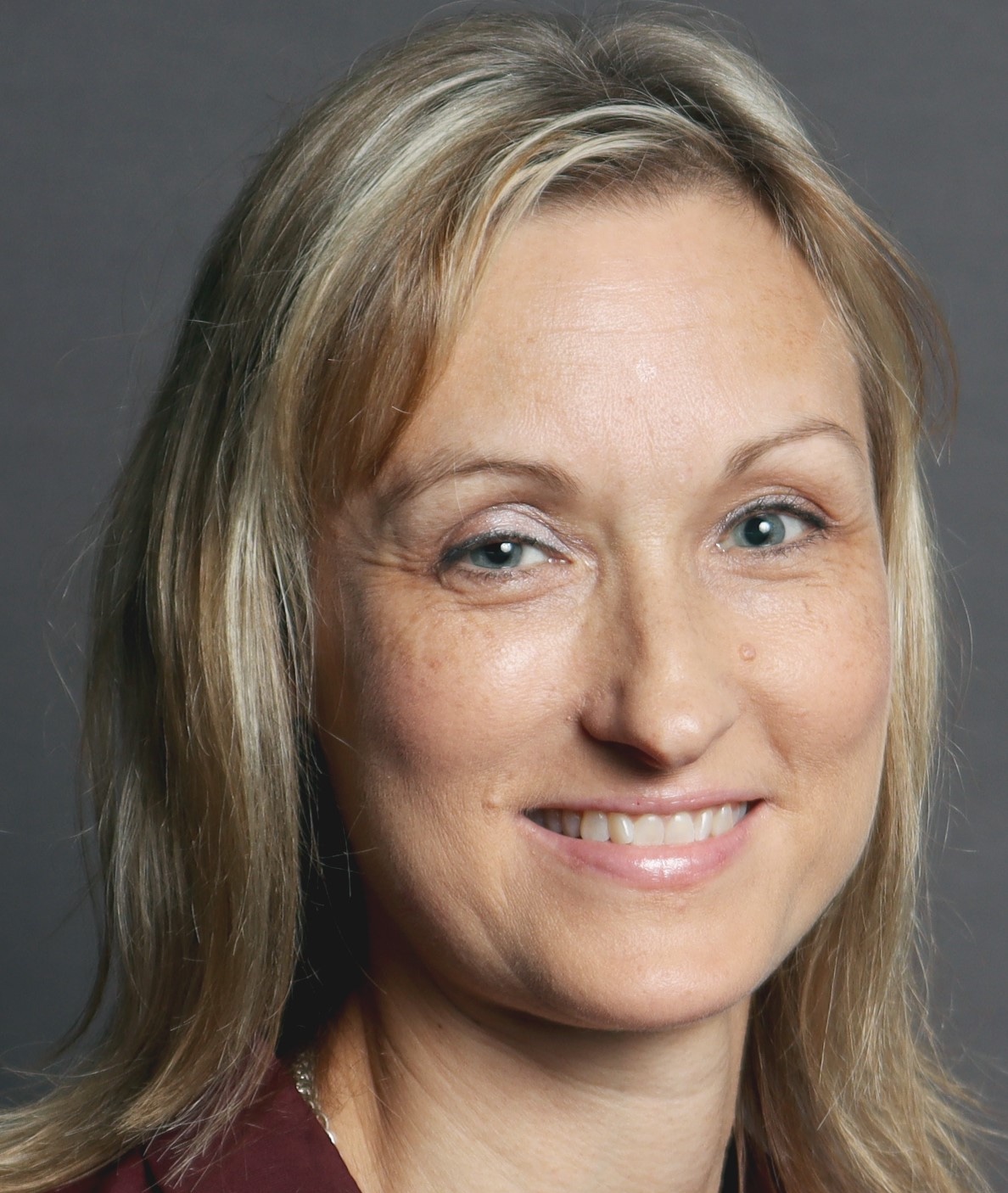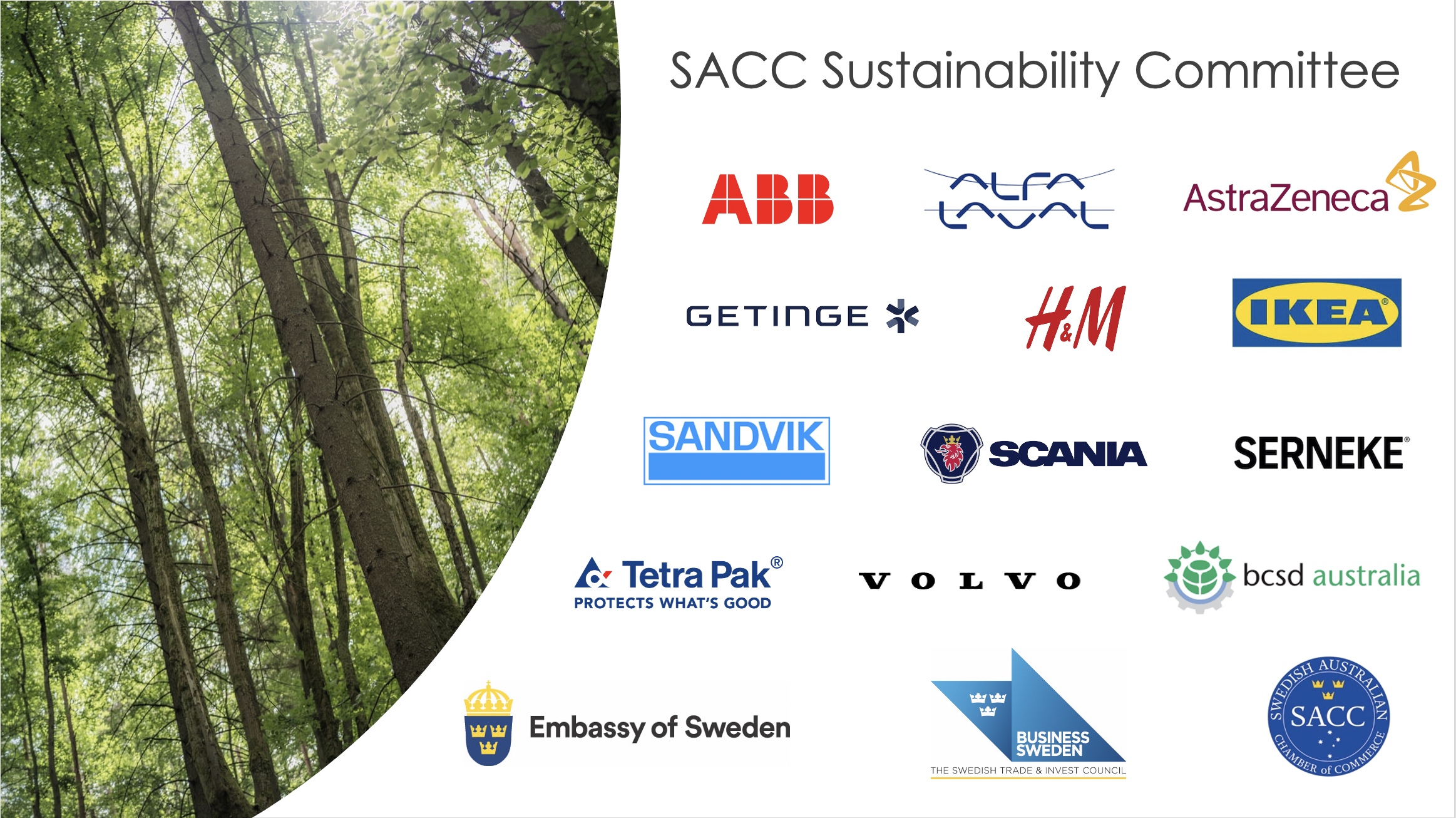Why Hydrogen? SACC Sustainability Committee Virtual Event 4 April
Summary and recording
This webinar brought us on a journey to understand how Hydrogen will play a part in the future energy sector, how is produced, why it is produced, what are the hurdles to solve before the industry can produce financially viable green Hydrogen and how can Hydrogen can be applied in our society in the future with an especial focus on how Hydrogen can decarbonize the Heavy-Duty transport sector in Australia.
Our first speaker Govindaraj NARALASETTI Director of Energy and Industrial for Surbana Jerong Infrastructure started our Hydrogen journey by setting the scene. Govindaraj is responsible for LNG, Hydrogen, Ammonia and Decarbonisation businesses. He is a chartered manager and engineer with 23 years of experience in Hydrogen Production storage and Export solutions, and he started the journey by setting the scene for us, explaining the process of producing different types of Hydrogen, different storage aspects and the cost implications, challenges and the benefits of the Hydrogen supply chain and finally what role it could have in our society in the future. See Govindaraj’s presentation here
The next speaker was planned to be Hanna Langels, a Business Developer in PtX at ABB Energy Industries, Sweden, who since 2021 has worked with business development in hydrogen/PtX applications and developing hydrogen strategies for ABB Sweden, furthermore, she has also delivered a Master Thesis on strategies for hydrogen production and storage optimization. Unfortunately, Hanna could not join us on the day due to illness, but it is possible to view her presentation in which you can read about practical examples of how Green Hydrogen production is taking place in northern Sweden, a Hydrogen fuel station operating in Paris and the way to optimize the Hydrogen production to make it more financially viable. In her absence, Govindaraj kindly presented an overview of the key hurdles and opportunities with Hydrogen production. See Hanna’s presentation here
Finally, Mitchell Peden, General Manager of Volvo Bus Australia and New Zealand who has extensive and long experience in the heavy-duty transport industry applied his “big picture” vision and closed the loop for us by talking about who and how we will apply Hydrogen as a renewable fuel and what type of end applications he thinks are most suitable for the Australian market (and in general) and how VOLVO Buses is working in partnership with others to develop Hydrogen applications. See Mitchell’s presentation here
The presentations were followed by an open discussion around the following questions:
- Is Hydrogen still a good and sustainable option for our environment, even if it is not green Hydrogen?
- What are the key technical hurdles to solve and key success factors to make Hydrogen production more financially viable?
- When will we see Hydrogen applications as an integrated and natural part of our society (which applications will come first?)?
The key takeaways from the webinar are as follows:
- Hydrogen comes in many colors and green is the most sustainable of those. Production of green Hydrogen (using wind, solar, and biomass) is financially challenging today and as a result, it is often Blue Hydrogen that is being produced in Australia and globally today. In the future, it is expected that there will be a shift from Blue to Green Hydrogen
- Green Hydrogen is currently produced in collaboration with several partners in North Sweden, where ABB is one of the key partners. The project seeks to find a way to replace coal power in the steel industry and produce fossil fuel-free steel. Different solutions exist to make Hydrogen more viable for example the OptimoX and research will continue on how to leverage Hydrogen as fuel or storage (reducing efficiency loss and other safety aspects ie using Hydrogen in the pipelines to blend out natural gas)
- Hydrogen applications already exist in our society, and it is being adopted by the pioneers. VOLVO Buses believes that Hydrogen will play a role in the renewable fuel market for long-haulage in Australia, but there are still challenges left to solve with efficiency, overheating, and cost-efficiency and it is expected will take another 5 years (at least) before Hydrogen as an integrated and natural part of our society. Collaborating with other partners will be key to keeping R&D costs down.
For the full version please listen to the event here
ABOUT THE SPEAKERS:
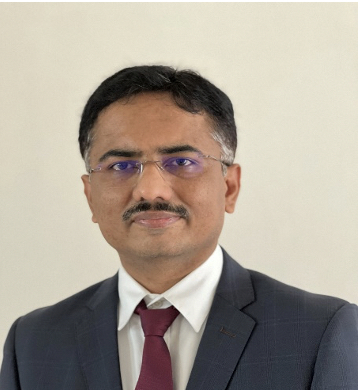 Govindaraj Naralasetti, Director Energy & Industrial
Govindaraj Naralasetti, Director Energy & Industrial
Raj is Director, Energy & Industrial, responsible for LNG, Hydrogen, Ammonia and Decarbonisation businesses in Surbana Jurong Infrastructure. He is a Chartered Manager and Chartered Engineer with more than 23 years of rich and varied experience in Project development, Business development, Project management, Engineering and operational environments. His areas of expertise include LNG Liquefaction, LNG regasification process, LNG storage, Hydrogen Production storage and Export solutions, Ammonia Production, Storage and export Solutions, strategic planning, project management, risk assessment & mitigation, project delivery, etc. He had worked with major Client companies like SHELL, EXXONMOBILE, RASGAS LNG, OMAN LNG, CHEVRON, QATAR PETROLEUM, SINGAPORE LNG Etc.
Hanna Langels, Business Developer Power-to-X, Energy Transition, Process Automation, ABB Energy Industries, Sweden
She holds a Master of Science in Sociotechnical Systems Engineering, Energy Systems, and wrote her Master Thesis on strategies for hydrogen production and storage optimization, focusing on demand and integration of wind power. She joined ABB in September 2021 and has since then worked with business development in hydrogen/PtX, including project management and developing hydrogen strategies for ABB Sweden.
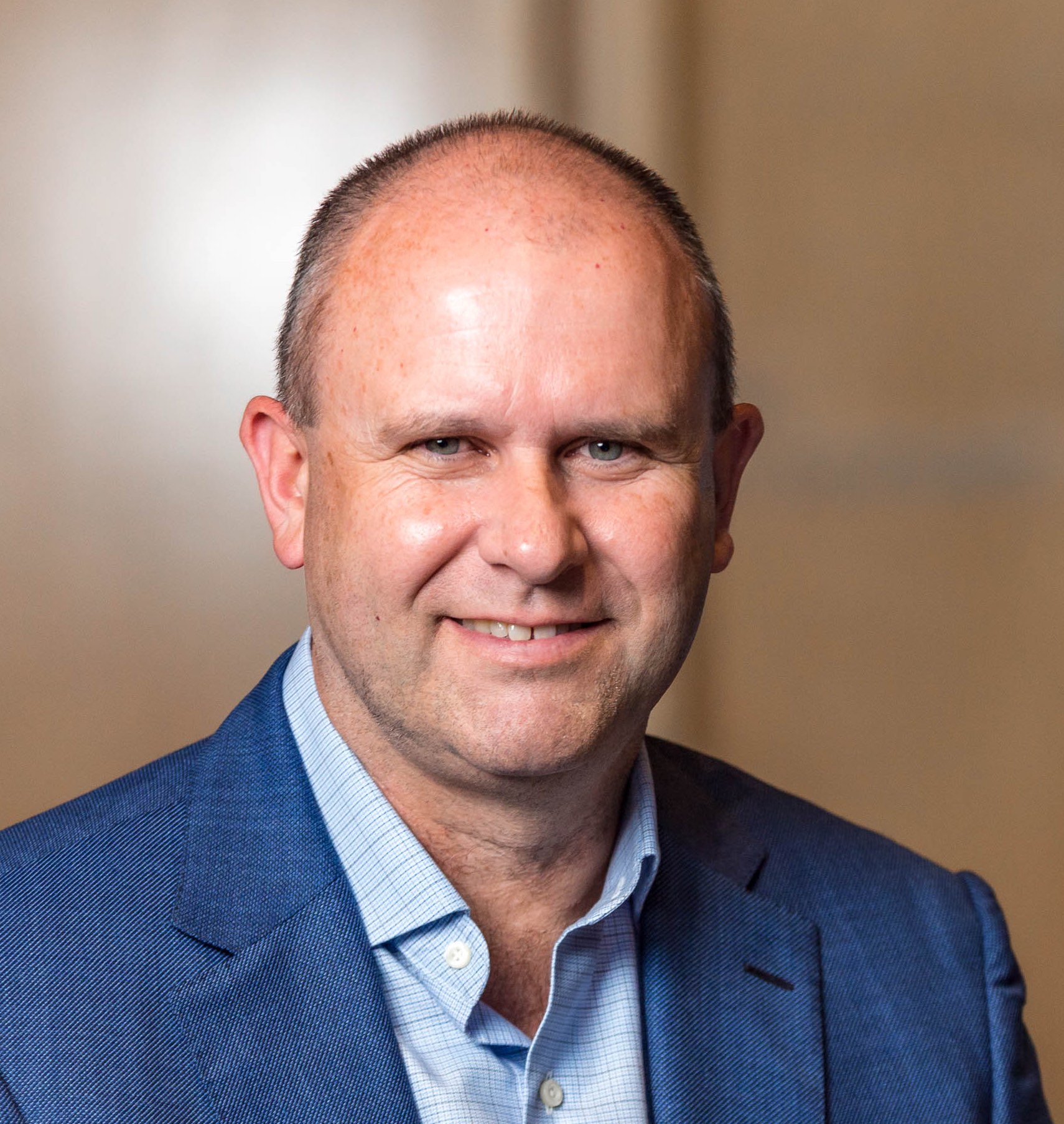 Mitchell Peden, General Manager, Volvo Bus Australia
Mitchell Peden, General Manager, Volvo Bus Australia
As the head of Volvo Bus Australia and New Zealand, Mitch oversees the strategic and commercial aspects of these Volvo Bus markets. His strong passion for the Volvo brand, emerging technologies, sustainability and customer success, has supported key industry partnerships and facilitated Volvo’s innovative journey across electromobility and digitalisation. With 26 years experience in the automotive industry, Mitch has a strong background with buses, trucks, capital equipment and automotive marketing, wholesale, retail, and experience across the wider value chain.
MODERATOR
Linda Nordin, Circular Economy Specialist, Senior Associate Engineer, Waste & Resource Recovery
Linda Nordin is a Senior Associate Environmental Engineer at SMEC with 18 years of experience in strategic planning, implementing and operating waste, organic and recycling services for waste service providers as well as Local Councils. She has long experience in planning and implementing actions that divert waste from landfill and delivers towards net zero and a circular economy system to commercial customers. Linda has worked with undertaken feasibility studies around modern technology for Wet and Dry Anaerobic digestion, MRF facilities in remote regions, IVC processing, renewable fuel production incl Hydrogen and vacuum technology using Optic sort.
THIS VIRTUAL EVENT WAS ORGANISED BY THE SACC SUSTAINABILITY COMMITTEE

